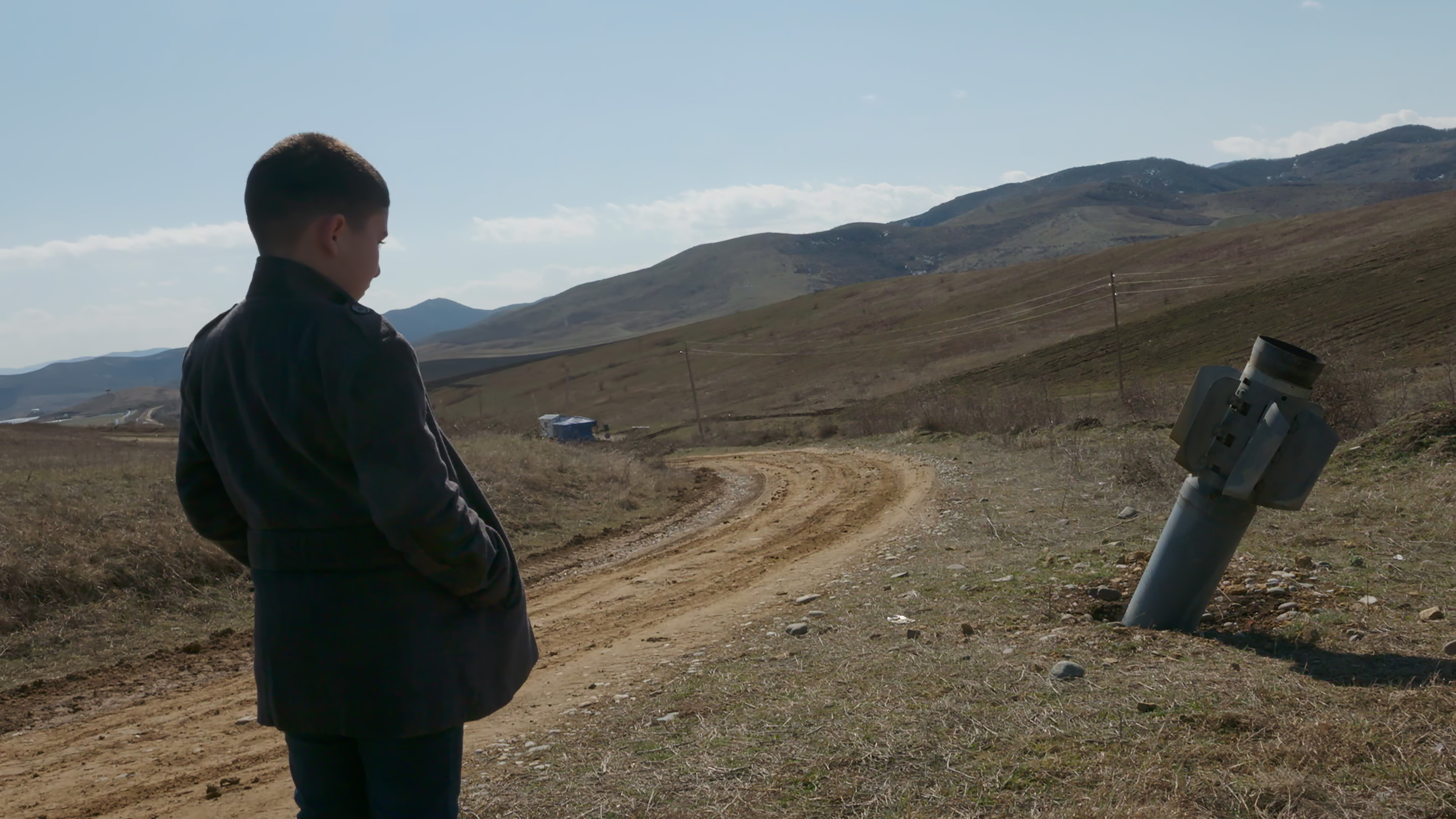
Jordan’s government has withdrawn its submission of a film about Artsakh to the 97th Academy Awards for Best International Feature, citing “diplomatic pressures” from Azerbaijan. Yet Jordanian Armenian filmmaker Sareen Hairabedian and the team behind My Sweet Land are undeterred, working to ensure that the film reaches global audiences.
My Sweet Land follows an 11-year-old boy named Vrej, whose idyllic childhood in Artsakh is disrupted by war and displacement. “The film is an extremely humanitarian piece that talks about the basic raw human rights of children to live on their land, to love home, to love family, to feel safe, to feel protected,” Hairabedian told the Weekly. “The film focuses on the details of life, the details of the land, the details of what the children do, what their daily surroundings are like, feel like. To remove all that and just look at this from a political lens negates all the life that the film is intended to show.”
My Sweet Land enjoyed a successful debut in its home country after it premiered this summer at the Sheffield DocFest in England. It won three awards at the Amman International Film Festival, supported by the Royal Film Commission (RFC), in the Arab Feature Documentary category in July. In a country with an Armenian population of about 3,000, the film’s success garnered widespread attention to the Artsakh conflict, Hairabedian recalled.
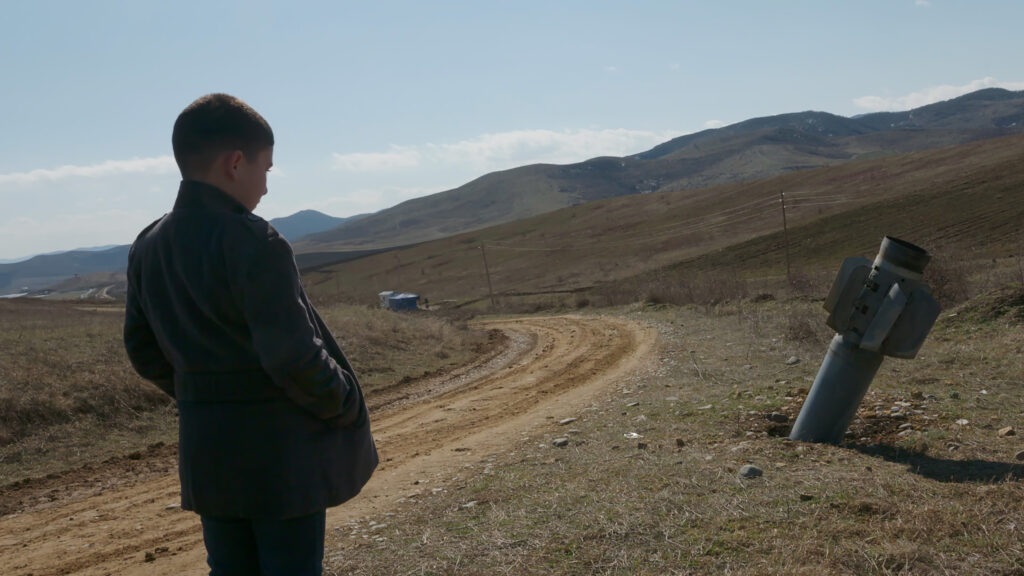
The RFC soon announced My Sweet Land as Jordan’s official submission to the Oscars for Best International Feature. However, Hairabedian did not have long to celebrate before she learned that the RFC, which helped fund the film’s development, had withdrawn its entry. My Sweet Land has also been banned from being publicly screened in Jordan, according to Hairabedian.
The RFC told Deadline that Jordan faced “diplomatic pressures” from Azerbaijan’s government to withdraw its submission of the film to the Academy Awards. Azerbaijan’s Foreign Ministry welcomed the RFC’s decision in a public statement. “Considering that the film is against the territorial integrity and sovereignty of Azerbaijan, the Azerbaijani side immediately conveyed concerns to the Jordanian side,” Foreign Ministry spokesperson Aykhan Hajizada said.
Hairabedian sees a direct parallel between Azerbaijan’s ethnic cleansing of Artsakh’s Armenian population last year and its attempts to censor My Sweet Land. “The story is proof of Armenian ethnic existence in Artsakh,” she reflected. “It’s a film that has documented a place and a life that no longer exists now. Film and documentary art is one of the most important and effective tools to continue telling the truth that has been cleansed, silenced.”
In the face of the Azerbaijani government’s attempts to deny My Sweet Land a global platform, Hairabedian is committed to finding solutions to bring the film to international audiences. My Sweet Land had its North American premiere at DOC NYC film festival on November 16. While it will no longer be in the Best International Feature category, the film is still eligible for the Best Documentary Feature category and will open in Los Angeles at the Laemmle Glendale on November 29, expanding to select theaters nationwide in December.
My Sweet Land is now fundraising for an impact and publicity campaign to continue screening the film worldwide. Whether or not My Sweet Land secures an Oscar nomination, the team plans to continue touring with the film, including at film festivals, theaters, public broadcast and educational spaces.
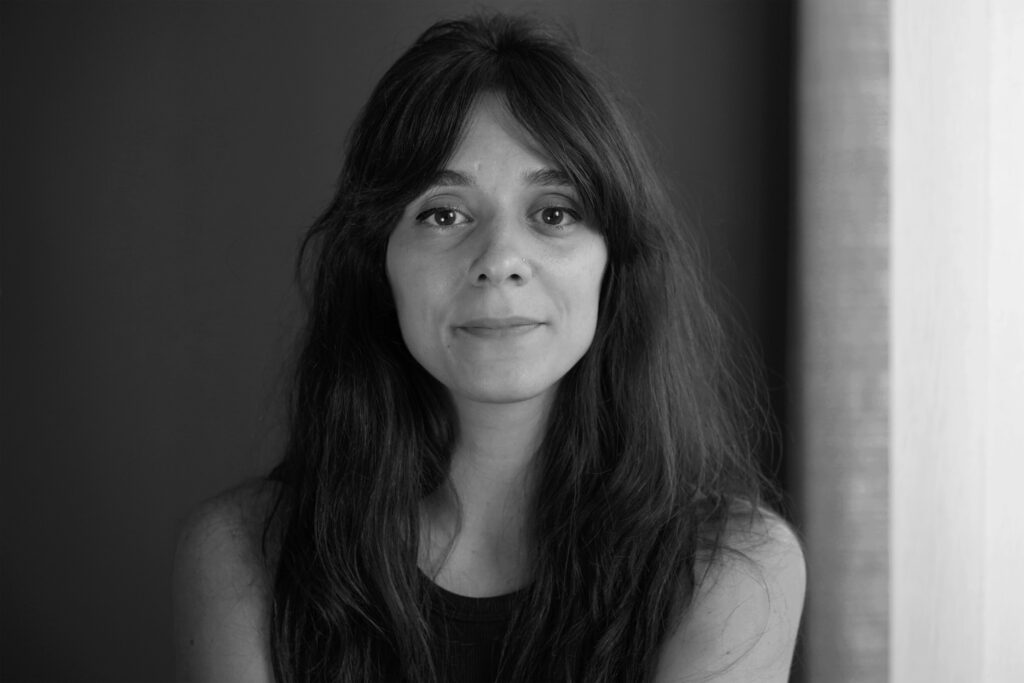
“The screenings have been very emotional,” Hairabedian said. “The film ends, and you feel like it’s really resonating deeply in the bones of the audience. Everybody finds a connection with Vrej. It’s a universal story about childhood, to grow up and start understanding what it means potentially being the protector of your land and to lose that innocence that you have as a child, bit by bit.”
In one particularly meaningful interaction, a woman who had been displaced with her family from Artsakh approached Hairabedian after a screening and asked what message she should convey to her son, who is around the age of the film’s protagonist. “We talked about reconstruction, finding new narratives for us and finding ways to dream and to build hope, to look at a future that’s more empowered despite everything that we’ve gone through,” Hairabedian said. In their journey she recognized her own as a descendant of survivors of the Armenian Genocide. “At that moment I connected my own history to something that this child was actually experiencing now in the present.”




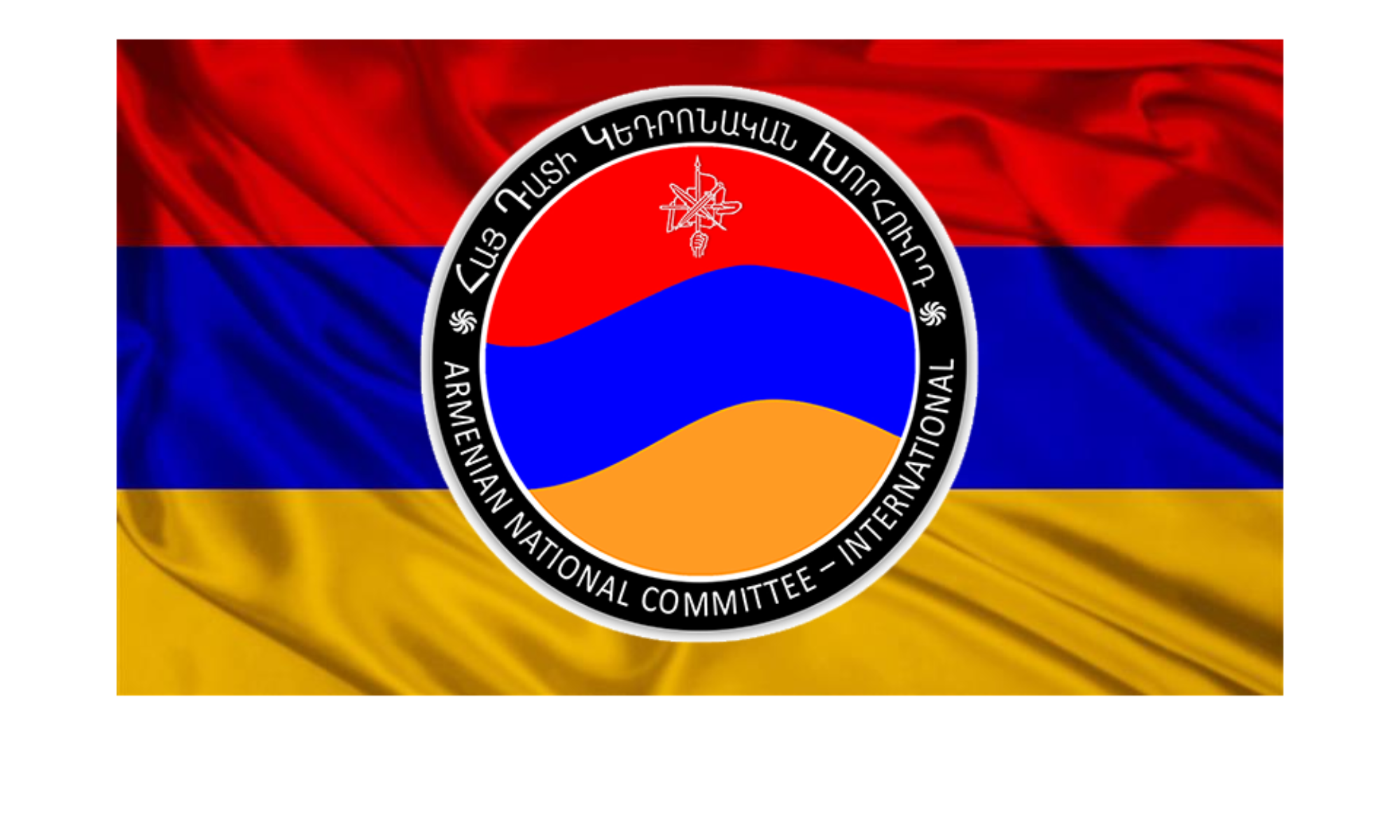

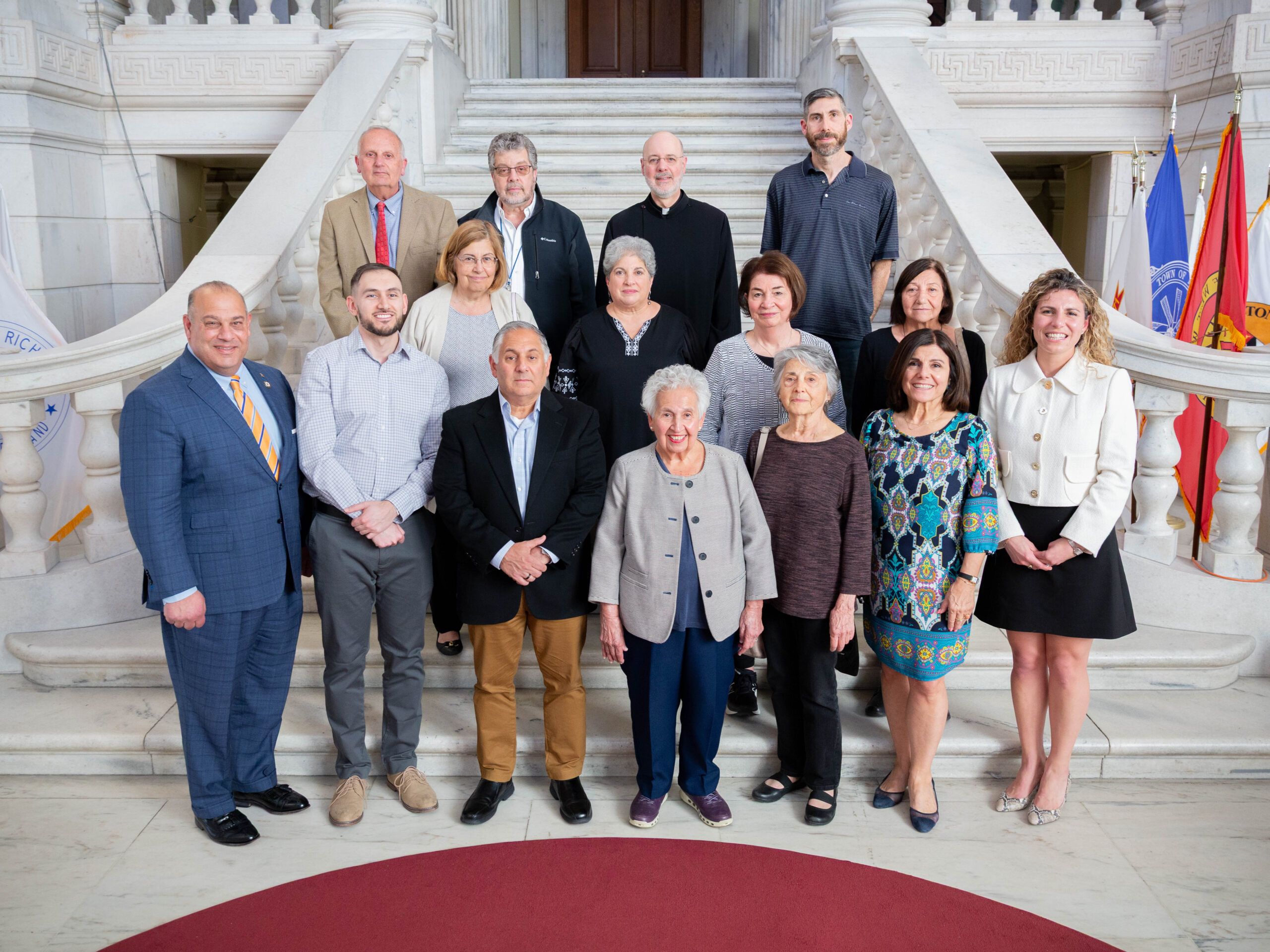
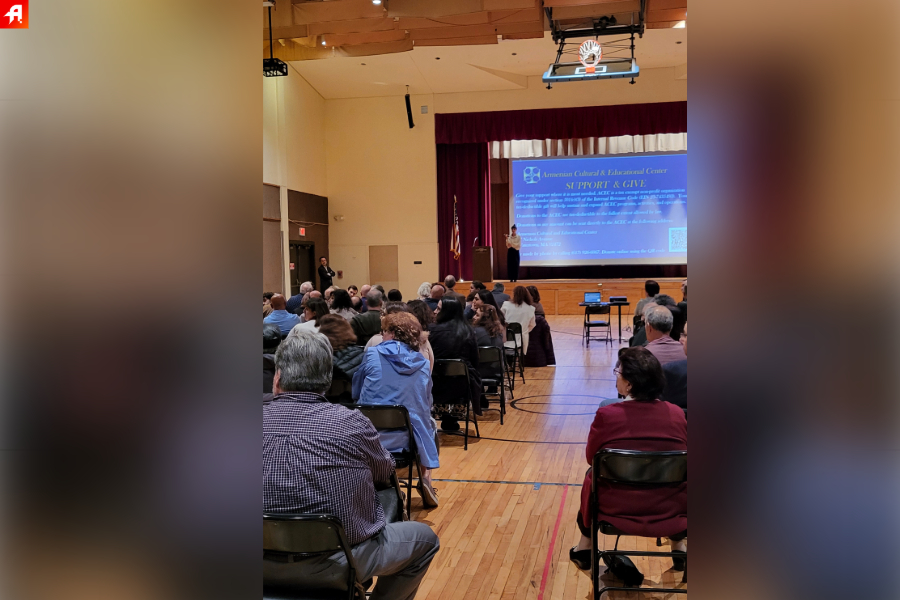


Shame on Jordan!!